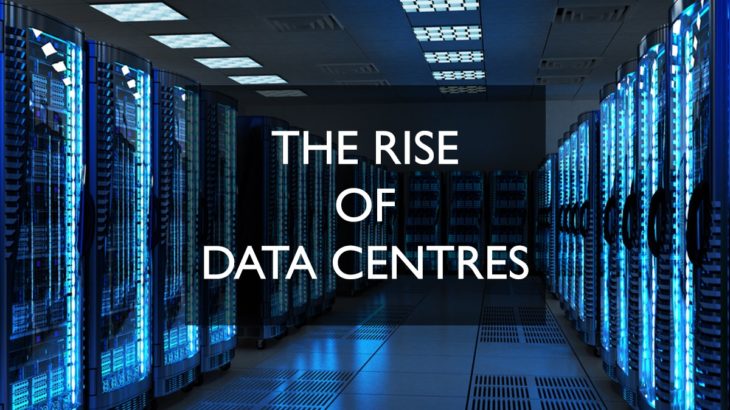Data Centre is a highly specialised facility, that houses mission-critical computer and networking
equipment and is usually fitted with backup power supply, environmental controls and security
systems.
Demand for In-House Data Centres
More and more businesses are collecting vast amounts of data, analyzing it, storing it, and
eventually using it to improve operations, make accurate forecasts, and even create new products
and services. Demand for data storage, data transmission and just any kind of data processing is
driving growth of data centres. Owing to the sensitive nature of data, many companies are
transitioning from third party vendors to building their own data centre, giving them a greater sense
of control over the security and management of their data.
Factors to keep in mind while setting up a data centre:
Regulatory Requirements- Is a huge deciding factor while setting up a data centre. The macro
environment plays an important role while planning a data centre. In pro-business environments
such as in Singapore, the government has been proactive in its efforts to offer tax incentives to attract
multinational corporations (MNCs) and service providers to expand their data centre capabilities in
the country. On the other hand, stringent censorship regulations continue to pose the biggest hurdle
for foreign investors entering the Chinese market.
Infrastructure Planning- Buildings as complex as data centres require detailed infrastructure planning. Given
the business critical nature of the software, hardware and data that modern data centres contain, it is
important to follow the necessary design guidelines. Data centres should ideally be built in a central location
within the building complex. The flooring should be capable of handling full load of the equipments hosted
at the data centre. Proposed data centre space/floor should be free from water leakages from floors above and
below it.
Data Centres consume a considerable amount of electricity, not only for their operations but also for cooling
the rooms in which they are housed. The temperature in such facilities has to be kept at around 20ºC, which
is the ideal working temperature for servers. Air conditioning should be such that it entails all design and
configuration details that go into eliminating or maintaining a controlled temperature and humidity on the
premises.
Another important consideration to be kept in mind is ensuring a steady power supply. Any power failure,
even one lasting only a few minutes, will interrupt work and cause important economic losses. Therefore,
data centres should have adequate power backup (full load specification) in the form of UPS, DG and
electricity to ensure uninterrupted power supply.
With the amount of electrical equipment and heat generated in a data centre, fires are a real threat. A small
fire in critical facilities can result in catastrophic loss by interrupting vital operations and damaging the
equipment. Fire retardants such as 3M™ Novec™ 1230 Fire Protection fluid are ideally suited for computer
room and data centre applications.
